The climate-jamboree leaves the Amazon after much process but little progress, reports Science Director Roger Highfield
A new study finds global warming could wipe out 24% of staple-crop calories—roughly equivalent to missing a meal, every day – by the end of this century, reports Science Director Roger Highfield.
Roger Highfield, Science Director, discusses a new study which says the world’s “safe” climate limit may be closer to 1°C—not 1.5°C—as ice loss accelerates and irreversible sea level rise looms.
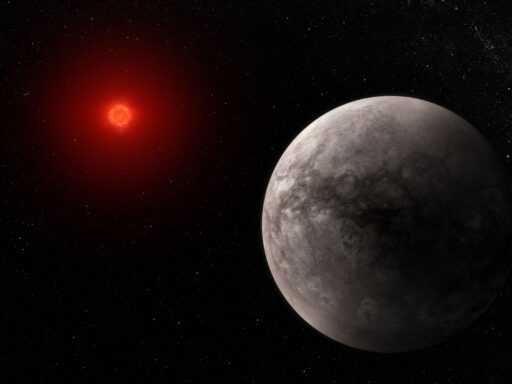
Can a computer predict the evolution of alien worlds? Roger Highfield, Science Director, talks to a newly awarded scientist about his quest to simulate how planets evolve to study climate change on Earth and spur the search for alien life.
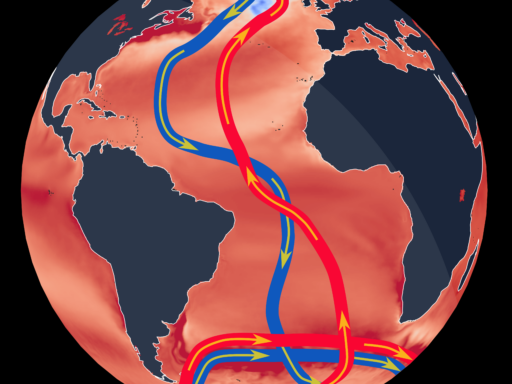
A major ocean current that regulates global temperatures – and gives the UK mild winters – is weakening due to climate change. Science Director Roger Highfield describes a new study which suggests it may avoid collapse this century, thanks to powerful winds that whip around Antarctica.
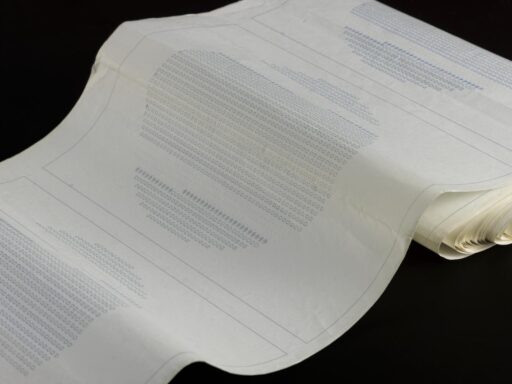
As climate scientists worry that the Earth may tip beyond a point of irreversible climate change, new research suggests that even the simplest computer model is vulnerable to such tipping points. Roger Highfield, Science Director, reports.
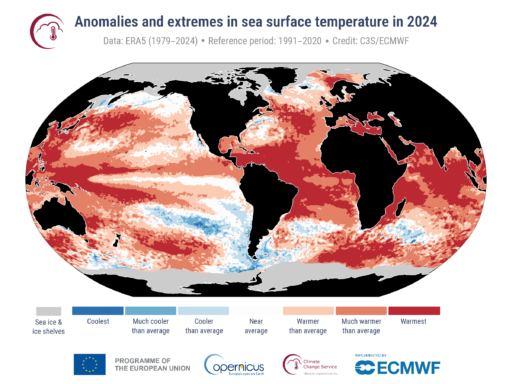
Climate scientists are investigating whether a two-year temperature surge is a blip or means that global warming is accelerating. Roger Highfield, Science Director, reports.
A tumultuous end to the annual climate negotiations saw the formalisation of a global carbon market and a climate finance deal that leaves many nations dissatisfied. Science Director, Roger Highfield, reports
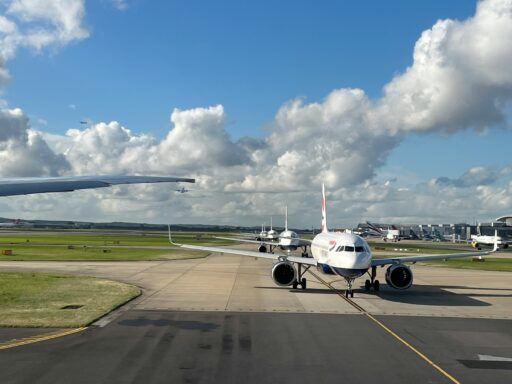
A five-year roadmap to help the aviation sector achieve net-zero climate impact by 2050 is published today by a Cambridge University team. Roger Highfield, Science Director, reports.
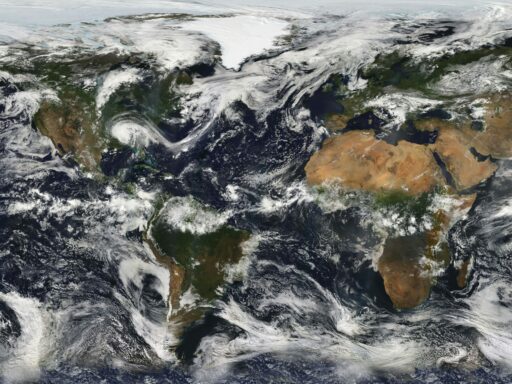
Evidence is published today that human-generated atmospheric carbon dioxide is boosting Earth’s surface temperature faster than ever, reports Science Director Roger Highfield.

The extraordinary extent of plastic pollution, and burning, is revealed by a global inventory today, created with the help of AI. Roger Highfield, Science Director, reports.
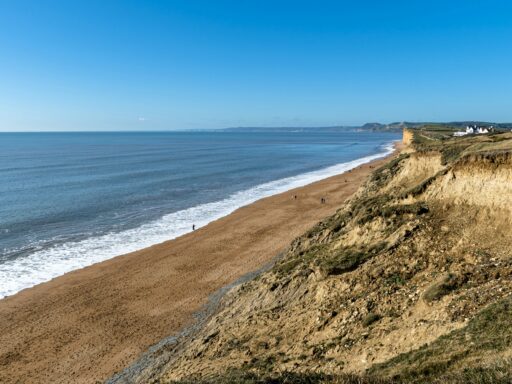
Electrification is a key component of the energy transition that can also help deal with coastline erosion. Roger Highfield, Science Director, reports.